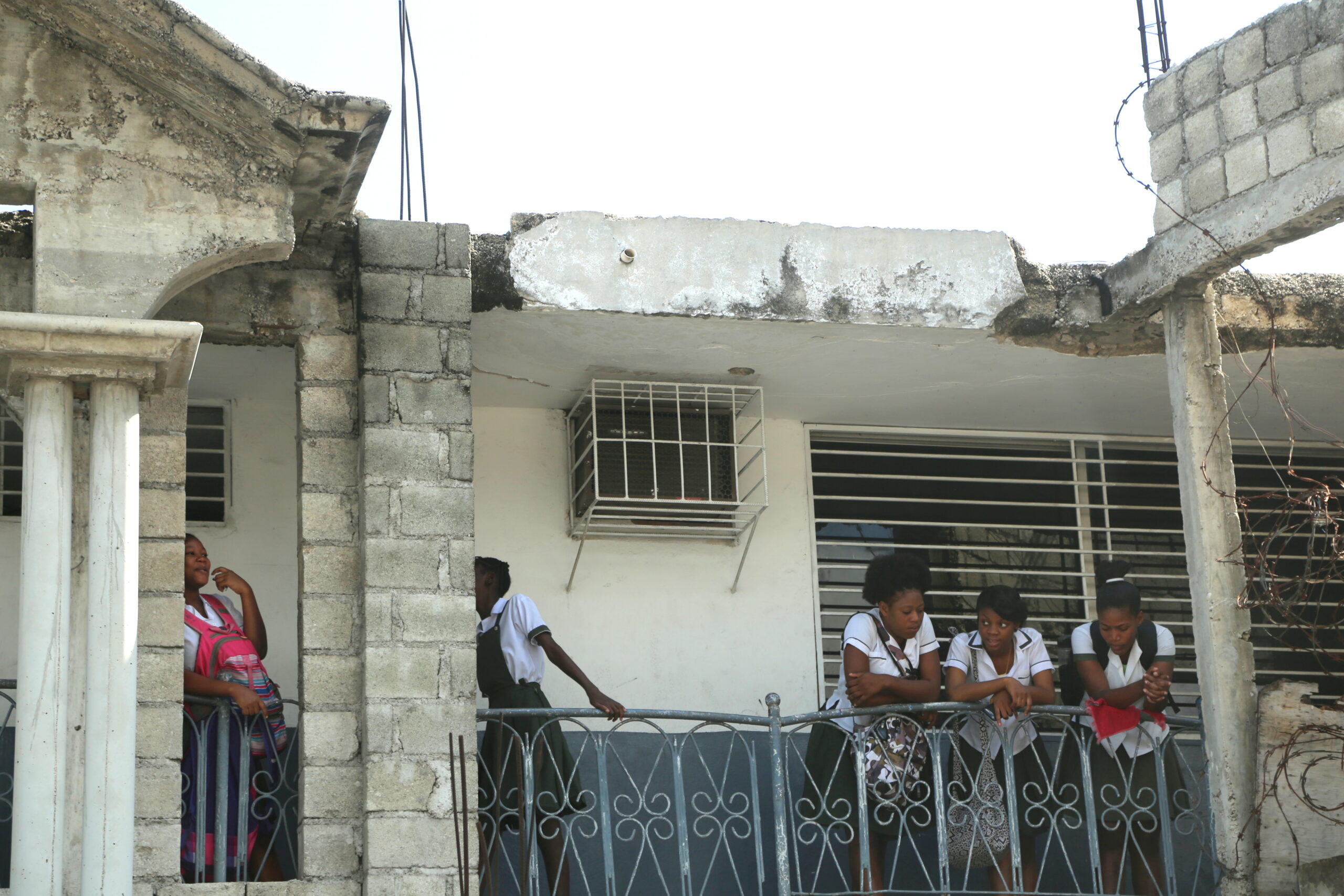Impact evaluation of a programming Bootcamp for youth in Haiti
August 15, 2025
MIDE Development

At MIDE Development, we conducted the impact evaluation of a pilot bootcamp in advanced digital skills implemented in Haiti, designed to train youth in data analysis and facilitate their entry into the technology sector.
The program, led by Le Wagon in partnership with the Ministry of Social Affairs and Labor of Haiti and the Inter-American Development Bank (IDB), offered 16 weeks of intensive training followed by an internship. Results, collected one year after completion, show positive and significant impacts on employment, job quality, and wages, along with high satisfaction levels among participants.
Objective
Our study aimed to rigorously measure the bootcamp’s effects on labor market insertion, income, educational continuation, and participant satisfaction, as well as to analyze its cost-effectiveness to guide future digital skills training policies in high-vulnerability contexts.
Methodology
A quasi-experimental design was applied with a comparison group composed of finalists from the selection process who were not admitted to the program.
Sample: 20 selected participants and 39 in the comparison group.
Instruments: application data, administrative records, and a follow-up survey one year after the bootcamp (and six months after the internship).
Analysis: impact estimates controlling for bias through propensity score weighting and robustness checks (Oster, 2019).
Key findings
Employment and Job Quality
+34 pp in the probability of having paid work.
+28 pp in dependent employment and +27 pp in permanent contracts.
+33 pp in performing data analysis tasks.
+16 average hours worked per week.
Increase of USD $170 in main monthly income (≈ +150%).
75% of employed participants stayed in the company where they completed their internship.
Education
-40 pp in the probability of being enrolled in formal education, suggesting the bootcamp is perceived as a substitute for formal studies to quickly enter the labor market.
Satisfaction
Significant increase in the overall satisfaction index (+0.58 SD), with improvements in job satisfaction, income satisfaction, and work-life balance.
Cost-effectiveness
Despite the high cost per participant (USD $7,342), the program’s estimated internal rate of return (IRR) is between 10% and 16%, comparable to or higher than other employment programs in the region.
Lessons and recommendations
Combining intensive training with internships facilitates job entry and retention.
The selection process ensured high motivation and baseline skills; scaling would require additional components to include more vulnerable youth.
The in-person format and access to infrastructure were key to achieving a 100% completion rate, well above typical fully online program outcomes.
Aligning training content with actual digital skills demand is essential to avoid displacement effects in the labor market.
The Haiti bootcamp shows that, in contexts of high informality and youth unemployment, intensive training strategies paired with practical experience can generate substantial improvements in employability and income. At MIDE Development, we highlight that these findings support the potential to replicate and scale similar models in the region, adapting them to local demand while ensuring inclusion and sustainability.



